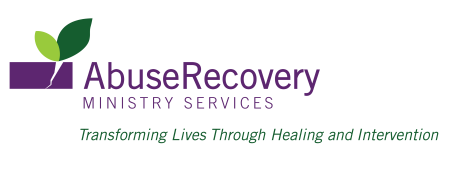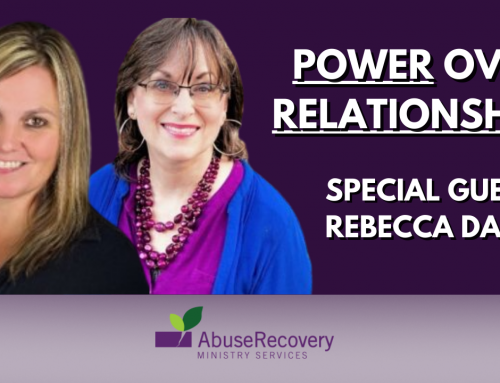Negative Self-Talk
Struggling with self-talk is common for those who have experienced domestic abuse. Many feel stuck in their emotions. When stress seems to take the upper hand, it can be easy to criticize yourself and your circumstances.
It’s important to slow down and take a look at conversations you have with yourself.
Here are a few tips to improve your self-talk.
Get rid of negative phrases like “This is too hard,” “and “How stupid! I did it again!” Death and life are in the power of the tongue, and those who love it will eat its fruits (Prov. 18:21).
Frame your thoughts in terms of the positive. For example, you might say to yourself, “This is hard, but it’s ok to get help.” “I repeated a mistake, but God’s using this to help me grow.”
When you’re stressed or exhausted, take time to care for yourself. Give yourself a break and shift into stress-reduction mode. Get a massage. Listen to your favorite music, eat fruit salad, drink extra water, or go for a walk to clear your head. The words that follow are likely to be more accepting.
Forgiveness & Reminders
Take time to forgive yourself. God has forgiven you, so you can extend forgiveness to yourself. “Be kind to one another, tenderhearted, forgiving one another [and yourself], as God in Christ forgave you (Ephesians 4:32).
Remind yourself that God is in control. It might sometimes seem like Jesus is sleeping in the back of your boat, but He is always with you and aware of your needs. That assurance will help you calm your inner voice in a storm.
Ask the Holy Spirit for His words and allow them to fill your self-talk. “Call upon me and come and pray to me, and I will hear you” (Jeremiah 29:12). Ask the Holy Spirit, “What are You feeling? What are You saying?” Fill your mind with words you hear, like “trust” or “peace.”
Remind yourself that your emotions are common. Instead of scolding yourself, remind yourself that at times, others are struggling with the same thing. “I didn’t get much sleep last night. It sounds like a few other coworkers didn’t either. We’re in this together.
Encourage others with kind words and watch the kindness return. She who refreshes others will herself be refreshed. When we uplift people, they often return good-natured comments with some of their own. Positive self-esteem and self-talk naturally follow.
Thank the Holy Spirit for helping you improve your self-talk. Did you know that focusing on gratitude shifts your heart rhythm patterns from chaotic to smooth and rhythmic, like ocean waves?
Three Quick Tricks
- Instead of calling a situation a “problem,” call it a “challenge” so that your mind frames it in terms of a positive invitation to grow. “It’s been a real challenge to find time to help my kids with homework.”
- For every negative comment you say to yourself, say 3 positive things: “I might have blown it, but here are 3 things I got right. Showed up. Didn’t And explained how I felt.
- Speak to yourself as if you were a close friend. “Hey, it’s time for a break. How about a quick walk and a fun reward?”
Kind self-talk goes hand-in-hand with godly confidence. People are drawn to confidence because they see Christ’s love and acceptance. Before you know it, your encouraging words will become contagious and those around you will reflect His heart too.
by Lynn Hare
About Lynn:
Lynn Hare is a Cascade Writing Award winner, trainer, and certified teacher. She’s the author of The Quest for Self-Forgiveness and author of numerous articles in periodicals. She teaches a class called Spiritual Quotient, empowering people to team up with the Holy Spirit to navigate transition with clarity and confidence. Her passion is creating “possibilitarians,” people activating possibilities with hope-filled expectation. She serves on several prayer teams and lives in Portland, Oregon with her husband, Tim.
is a Cascade Writing Award winner, trainer, and certified teacher. She’s the author of The Quest for Self-Forgiveness and author of numerous articles in periodicals. She teaches a class called Spiritual Quotient, empowering people to team up with the Holy Spirit to navigate transition with clarity and confidence. Her passion is creating “possibilitarians,” people activating possibilities with hope-filled expectation. She serves on several prayer teams and lives in Portland, Oregon with her husband, Tim.
Lynn will be sharing her story at our ARMS luncheon in January. Learn more here.









Lynn, Thank you for sharing these practical, easy-to-apply tips for helpful self-talk and positive change.
God bless you, Darlene Ellis